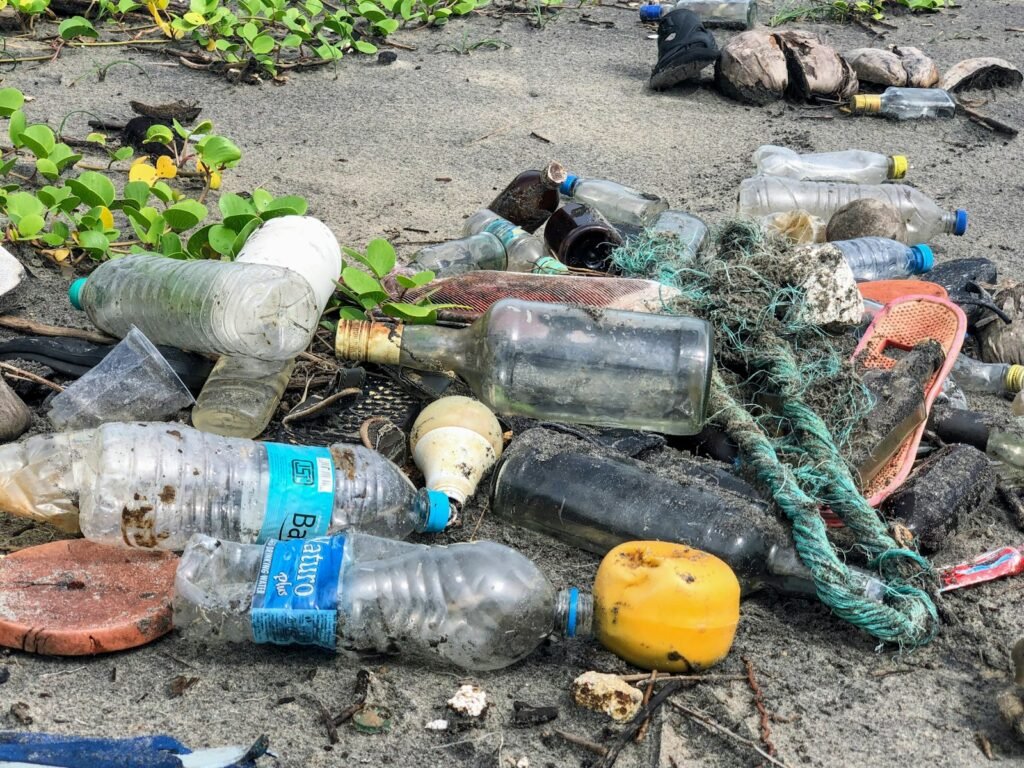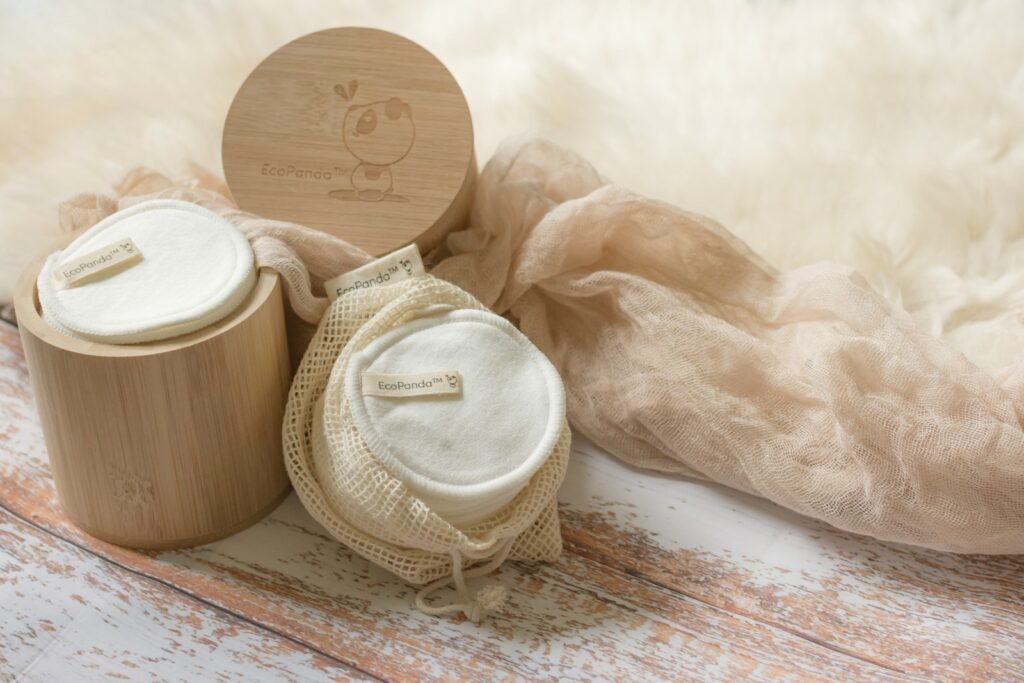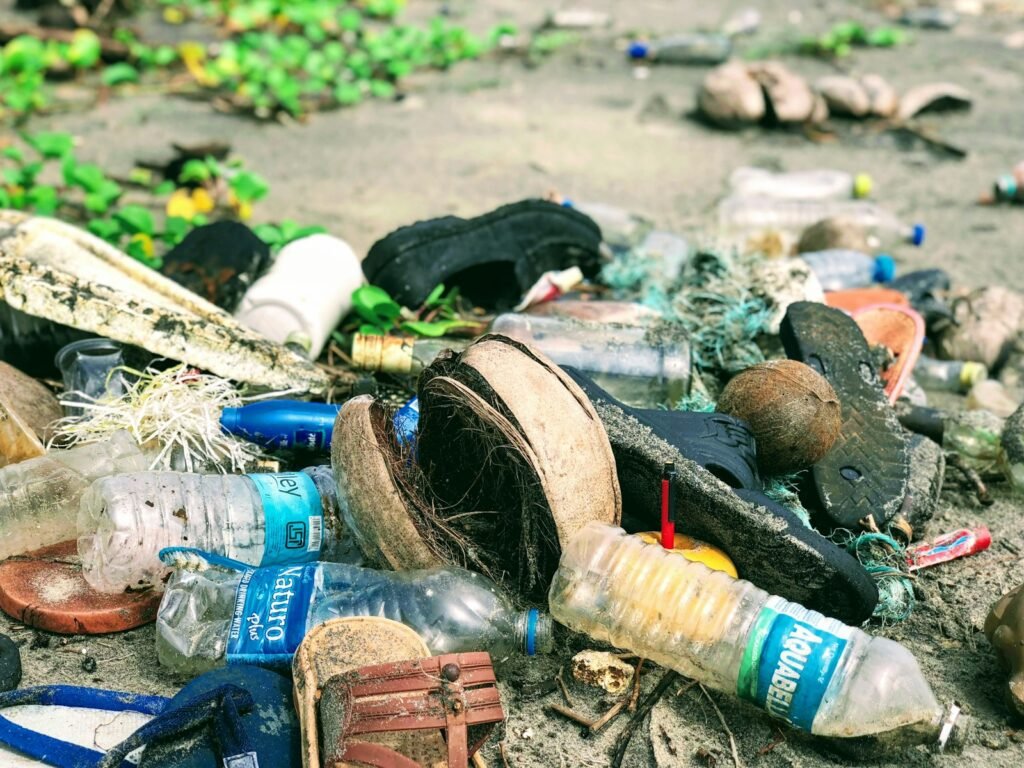Welcome to the world of sustainable fashion! In a time when environmental concerns are at the forefront of global discussions, it’s more important than ever to consider how our choices impact the planet. The fashion industry is one of the largest polluters globally, with fast fashion contributing significantly to water waste, pollution, and unethical labor practices. But the good news is: sustainable fashion offers a way forward — both for the environment and for ethical consumerism.

Why Sustainable Fashion Matters
Environmental Impact of Fast Fashion
The production of fast fashion has led to massive environmental degradation. From high water consumption in cotton farming to synthetic microplastics polluting our oceans, the industry leaves a heavy footprint. Every piece of clothing we buy contributes to this cycle — and that’s why sustainable alternatives are so important.
Social and Ethical Implications
Fast fashion also has serious social consequences. Many garments are made in unsafe working conditions, often with low wages for workers — especially in developing countries. By choosing sustainable fashion, you’re supporting fair labor practices and helping to create a more just industry.
Climate Change Connection
The fashion industry is responsible for about 10% of global carbon emissions — more than all international flights and maritime shipping combined. This makes it one of the biggest contributors to climate change, making sustainable choices an essential part of reducing our environmental impact.
The Rise of Consumer Awareness
Today’s consumers are more informed than ever about where their clothes come from. With the rise of social media and eco-conscious influencers, people are demanding transparency and ethical practices. This shift is paving the way for a new era in fashion — one that values sustainability over speed.
The Benefits of Sustainable Fashion
- Reduces environmental harm
- Supports fair labor practices
- Promotes long-term economic sustainability
- Encourages creativity and innovation in design
- Fosters a sense of responsibility among consumers
How to Choose Sustainable Fashion
Look for Ethical Brands
Support brands that are transparent about their supply chains. Look for companies that prioritize fair wages and safe working conditions — these are the true leaders in sustainable fashion.
Choose Natural or Recycled Materials
Opt for organic cotton, hemp, bamboo, or recycled fabrics instead of synthetic materials like polyester and nylon, which contribute to microplastic pollution.
Buy Less, Choose Quality
Invest in durable, timeless pieces that will last longer. Avoid buying trendy items that may go out of style quickly — this helps reduce waste and overconsumption.
Check for Certifications
Look for certifications such as Fair Trade, Global Organic Textile Standard (GOTS), and B Corp. These labels ensure that the brand meets ethical and environmental standards.
Support Second-Hand and Thrift Stores
Buying pre-loved clothing is a great way to reduce demand for new production. Platforms like ThredUp, Vestiaire Collective, and local thrift stores make it easy to find quality second-hand fashion.
Care for Your Clothes
Proper care can extend the life of your garments — follow care labels, wash in cold water, and repair instead of replace whenever possible.
Tips for a Sustainable Wardrobe
- Create a capsule wardrobe with versatile, high-quality pieces
- Use clothing swaps or rental services for special occasions
- Educate yourself on the environmental impact of different fabrics
- Follow eco-conscious influencers and brands for inspiration
Conclusion
Sustainable fashion isn’t just a trend — it’s a movement. By making mindful choices in our clothing purchases, we can reduce waste, protect the environment, and support ethical labor practices. Starting small is a great way to begin — whether that means buying second-hand, choosing organic materials, or simply being more conscious about what you wear.
Remember: every choice counts. Start today and take a step toward a more sustainable future!







